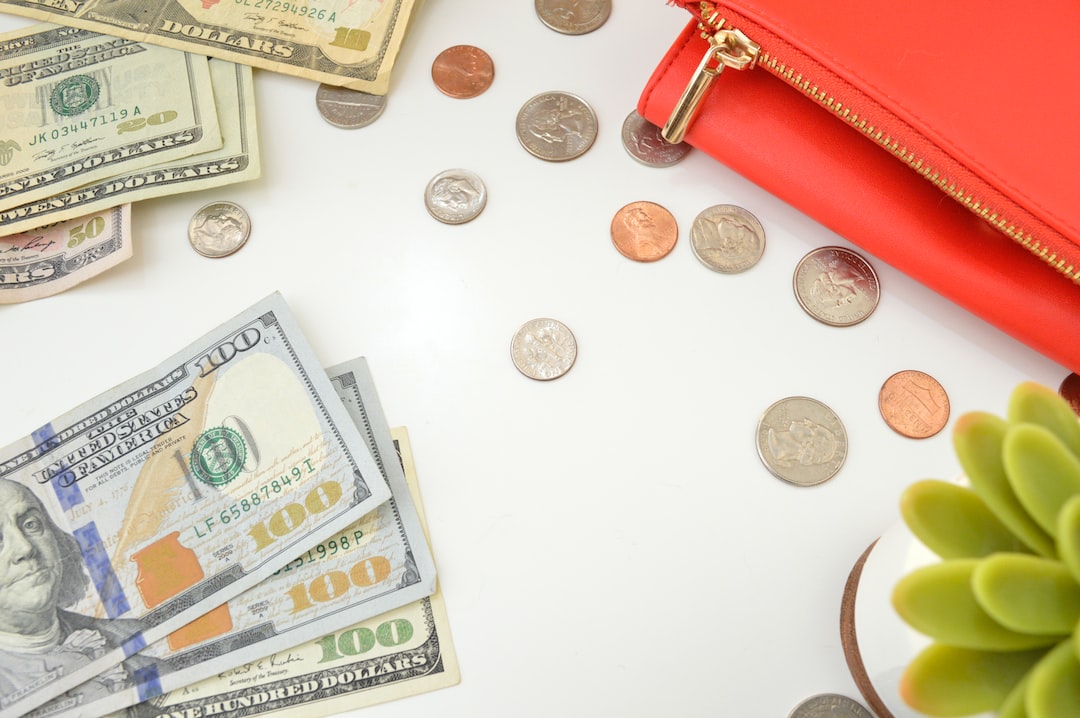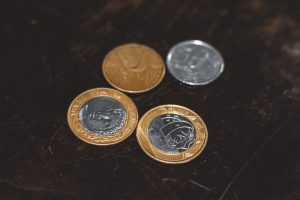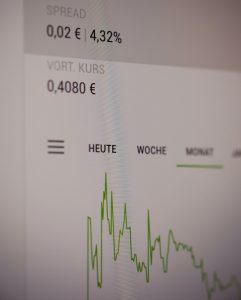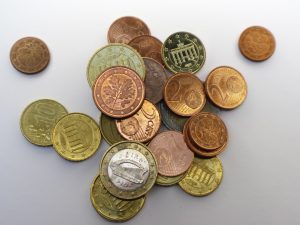Forex, or foreign exchange, is the largest financial market in the world, with a daily trading volume of over $5 trillion. It is a decentralized market where currencies are traded 24 hours a day, five days a week. Forex trading involves buying and selling currencies with the aim of making a profit from the fluctuations in their exchange rates. In this article, we will explain how forex works and the key factors that affect currency exchange rates.
Currency Pairs
In forex trading, currencies are always traded in pairs. The first currency in the pair is called the base currency, while the second currency is called the quote currency. The exchange rate between the two currencies is the price at which the base currency can be exchanged for the quote currency.
For example, if the EUR/USD exchange rate is 1.15, it means that one euro can be exchanged for 1.15 US dollars. In this case, the euro is the base currency, and the US dollar is the quote currency. The exchange rate between two currencies is constantly changing due to various economic and political factors.
Market Participants
The forex market is comprised of various participants, including banks, institutional investors, corporations, hedge funds, and individual traders. Banks are the primary players in the forex market, as they facilitate most of the currency transactions between businesses and individuals. Institutional investors such as pension funds and mutual funds also participate in forex trading to hedge their investments and generate returns.
Individual traders, also known as retail traders, make up a small percentage of the forex market. They usually trade through online forex brokers and use leverage to amplify their trading positions. Retail traders can access the forex market 24 hours a day and trade from anywhere in the world.
Factors Affecting Currency Exchange Rates
The exchange rate between two currencies is influenced by various economic and political factors. The following are some of the key factors that affect currency exchange rates:
1. Interest Rates: Central banks use interest rates to control inflation and stimulate economic growth. Higher interest rates tend to attract foreign investors, which increases demand for the currency and strengthens its value. Conversely, lower interest rates can lead to a decrease in demand for the currency and a weakening of its value.
2. Economic Indicators: Economic indicators such as GDP, inflation, and employment figures can impact currency exchange rates. Strong economic data can lead to a strengthening of the currency, while weak economic data can lead to a weakening of the currency.
3. Political Events: Political events such as elections, wars, and geopolitical tensions can also affect currency exchange rates. For example, a country facing political instability may see its currency weaken as investors seek safer havens.
4. Market Sentiment: Market sentiment refers to the overall mood of the market, which can be influenced by news, rumors, and speculation. Positive news can lead to a bullish sentiment, while negative news can lead to a bearish sentiment.
Forex Trading Strategies
Forex trading is a complex and risky activity that requires knowledge, experience, and discipline. There are various trading strategies that traders use to make profits in the forex market. The following are some of the most popular forex trading strategies:
1. Technical Analysis: Technical analysis involves analyzing charts and using technical indicators to identify trends and trading opportunities. Traders use various tools such as moving averages, trend lines, and support and resistance levels to make trading decisions.
2. Fundamental Analysis: Fundamental analysis involves analyzing economic and political factors that can impact currency exchange rates. Traders use economic indicators, news releases, and central bank statements to make trading decisions.
3. Price Action: Price action trading involves analyzing the price movements of a currency pair and using price patterns and candlestick formations to make trading decisions.
4. Automated Trading: Automated trading involves using computer algorithms to execute trades based on predefined rules and parameters. Traders can use various automated trading software and platforms to automate their trading strategies.
Conclusion
Forex trading is a complex and dynamic activity that requires knowledge, experience, and discipline. Traders need to understand how the forex market works and the key factors that influence currency exchange rates. They also need to develop effective trading strategies and manage their risks to succeed in the forex market. With the right skills and mindset, forex trading can be a rewarding and profitable activity.






